| "We finally have a seat at the table," - Navajo Nation President Jonathan Nez on representation and the meeting of needs of the Navajo People in the Biden administration
Welcome to "Face the Nation"'s Five at Five newsletter. Scroll down for your five takeaways from today's broadcast of "Face the Nation" with Margaret Brennan on CBS. Did someone forward you this? Sign-up at cbsnews.com/email. 1. Jobs, jobs, jobs: Biden's top economist defends POTUS' plan 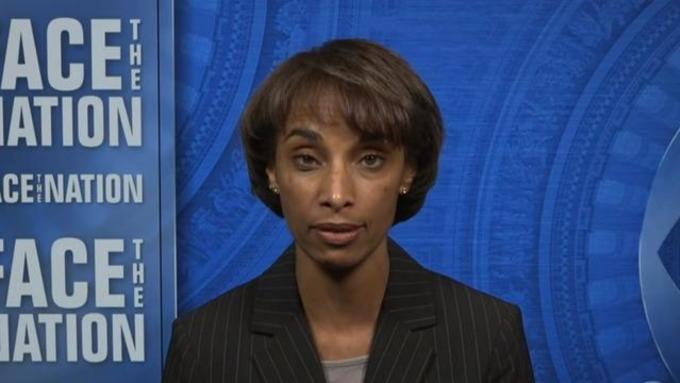 Cecilia Rouse, the top economic adviser to President Biden, said the $2 trillion infrastructure plan rolled out by the White House last week "meets the needs of a 21st century economy" as it looks beyond the traditional focus on roads and bridges and would benefit the U.S. economy as the nation continues toward recovery from the coronavirus pandemic. What we asked: Can you honestly call this a focus on building roads and bridges? What Rouse said: "I think it's important that we upgrade our definition of infrastructure, one that meets the needs of a 21st century economy. And that means we need to be funding and incentivizing those structures that allow us to maximize our economic activity." Why it matters: Mr. Biden on Wednesday unveiled the first part of his sweeping two-part infrastructure package, which devotes $621 billion to rebuilding the nation's highways and roads, repairing more than 10,000 bridges, and improving major airports. The package includes $200 billion for affordable housing units, $18 billion for updating veterans' hospitals and $111 billion to ensure schools have clean, lead-free water. The president's proposal also calls for $25 billion to upgrade child care facilities and provides incentives for private businesses to build their own care centers, while boosting the supply of child care facilities in high-need areas. Rouse said Mr. Biden's infrastructure plan, called the American Jobs Plan, recognizes "that care is an important part of our infrastructure if workers are going to be able to go back to work." 2. From the Bronx to the Reservation: An equitable vaccine 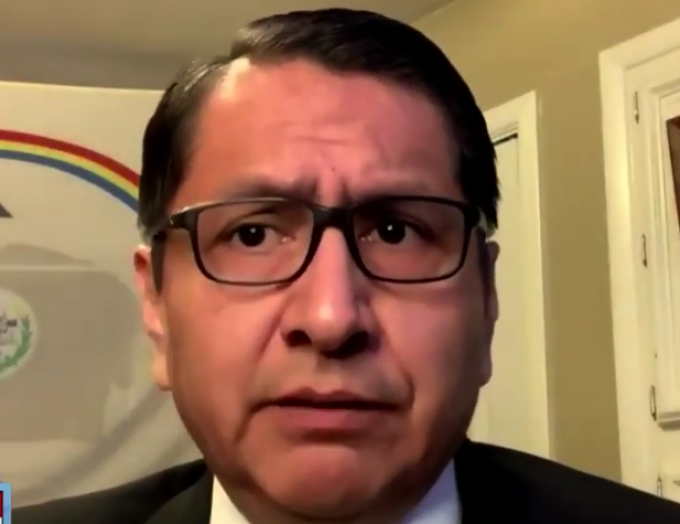 Sunday's Face the Nation focused on the groups of Americans still being left out of the process when it comes to an equitable vaccine and treatment to COVID-19. We spoke with two leaders in their communities, South Bronx Rep. Ritchie Torres and Navajo Nation President Jonathan Nez for perspective on the issue and how it directly impacts their constituents. What Torres said : "The racial disparities in vaccination rates for me is more a consequence of vaccine access than vaccine hesitancy, and one of the greatest barriers to vaccine access is the digital divide. Those in the Bronx who have no access to the Internet, have much less access to information about vaccination sites and have no real ability to participate in online registration systems." What Nez said : "This pandemic here has revealed some of the deficiencies in all of our health care systems throughout the country, more so in Native American communities. Four hundred over 500 tribes throughout the country have been working hard to push back on this virus. And as many viewers may know, that the- the Indian Health Service oversees the health care system and the Indian Health Service has been underfunded since its inception. And so we are- the health care professionals are utilizing the limited resources that they have, but they have been doing an outstanding job. And I want to say thank you to our health care workers here on the Navajo Nation, our frontline warriors, Indian Health Services and the Navajo Nation employees for doing an outstanding work pushing back on the virus and as well as bringing confidence to the vaccine." Why it matters: Boosting confidence in vaccines and putting an end to a global pandemic can't be accomplished until all Americans are provided adequate access to getting those vaccines. 3. Gottlieb: Infections among young are fueling COVID-19 hotspots 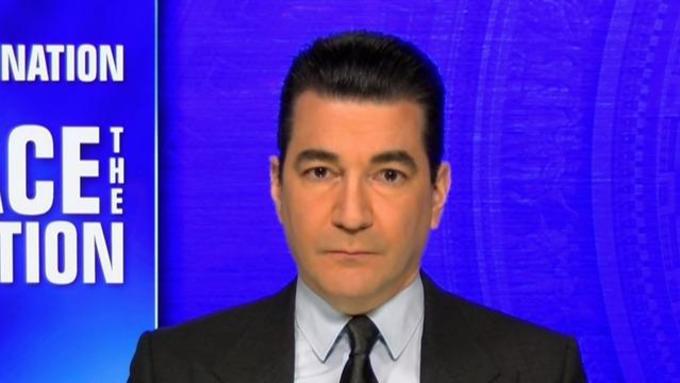 Former Food and Drug Administration Commissioner Dr. Scott Gottlieb on Sunday said that a rise in coronavirus infections among young people is driving new outbreaks in some states, but he does not believe there will be a "true" fourth wave of the pandemic. What we asked: We are vaccinating four million people a day. But when you look at the infection levels, do you see a fourth wave? What Dr. Gottlieb said: "What we're seeing is pockets of infection around the country, particularly in younger people who haven't been vaccinated and also in school-age children. If you look at what's happening in Michigan and Minnesota and Massachusetts, for example, you're seeing outbreaks in schools and infections in social cohorts that haven't been exposed to the virus before. Maybe we're doing a better job sheltering. Now they're out and about getting exposed to the virus and they're getting infected. So the infection is changing its contours in terms of who's being stricken by it right now." Why it matters: With coronavirus cases rising in 27 states and the District of Columbia, public health officials are urging Americans to remain vigilant in following mitigation measures. But as the rate of vaccinations continues to accelerate -- 4 million doses were administered Friday alone -- and roughly 130 million Americans having already contracted COVID-19, Gottlieb said the level of immunity in the U.S. should head off a fourth wave of the pandemic. As of Saturday, more than 104 million Americans have received at least one dose of their coronavirus vaccine, while 59.8 million Americans are fully vaccinated, according to data from the Centers for Disease Control and Prevention. 4. Desperate migrants make border crossings: "You can see in their faces that they're scared" 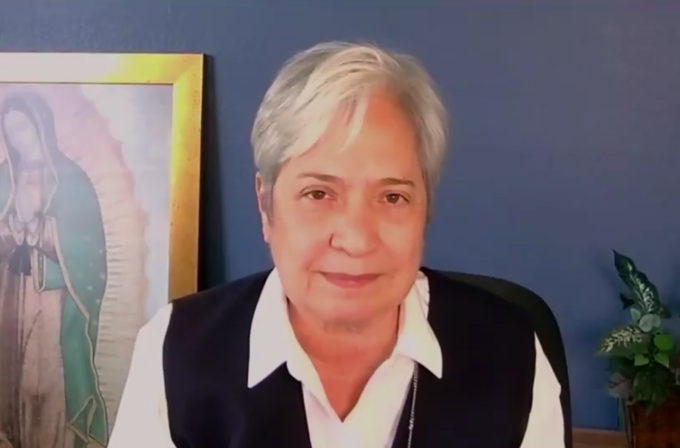 Arrivals of unaccompanied children at the southern border reached an all-time monthly high in March, and the pace of migrants crossing the border does not appear to be slowing down. For some firsthand insight on just what we're seeing in the surges, Face the Nation spoke with Sister Norma Pimentel for an Easter Sunday message on what the crisis looks like up close. See her interview here: 5. Take a listen: Documentarians Ken Burns and Lynn Novick 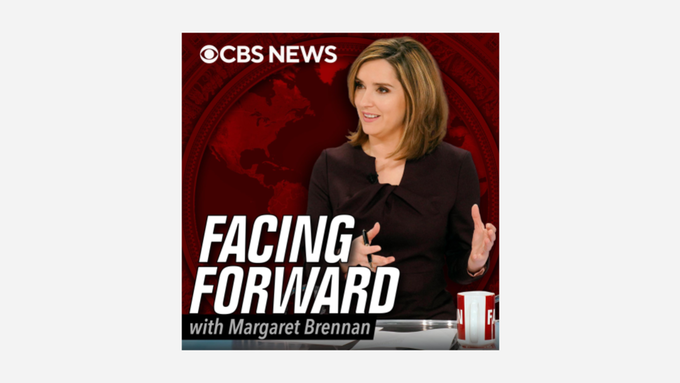 In this latest episode of Facing Forward, Margaret Brennan interviewed documentary filmmakers Ken Burns and Lynn Novick about living through one of the most fraught moments in U.S. history, filmmaking during the pandemic and their new documentary, "Hemingway." Their conversation is here.
|
No comments:
Post a Comment